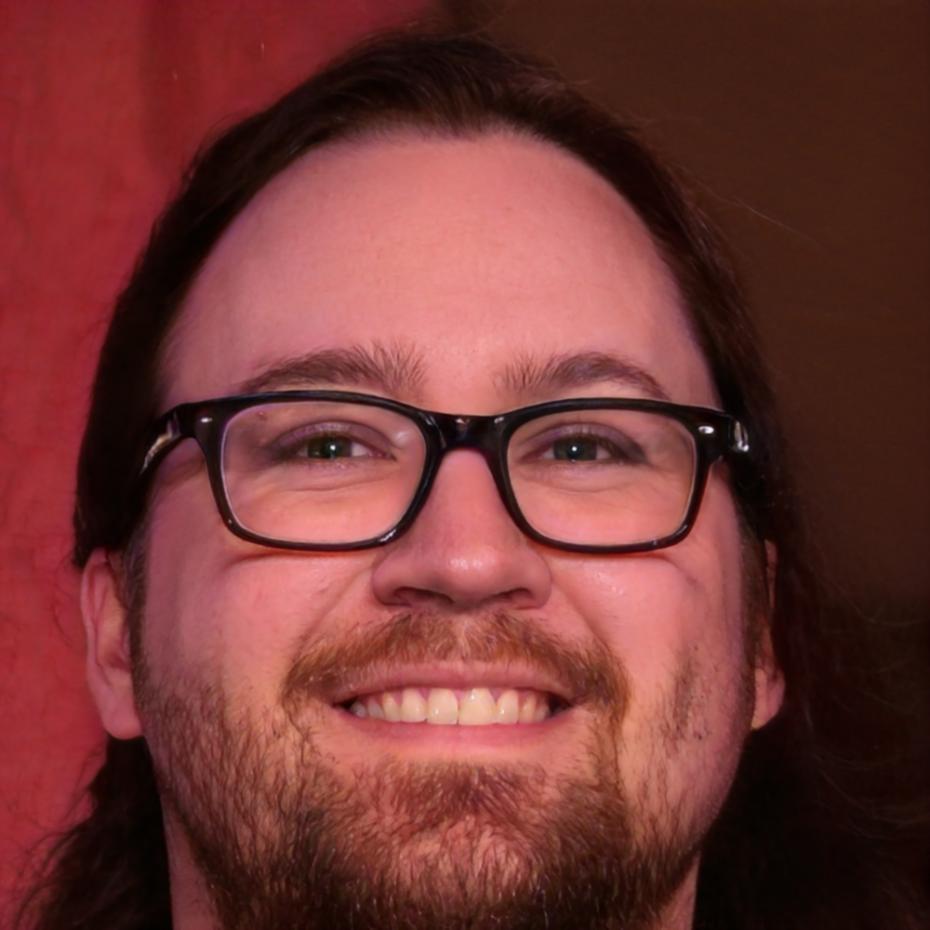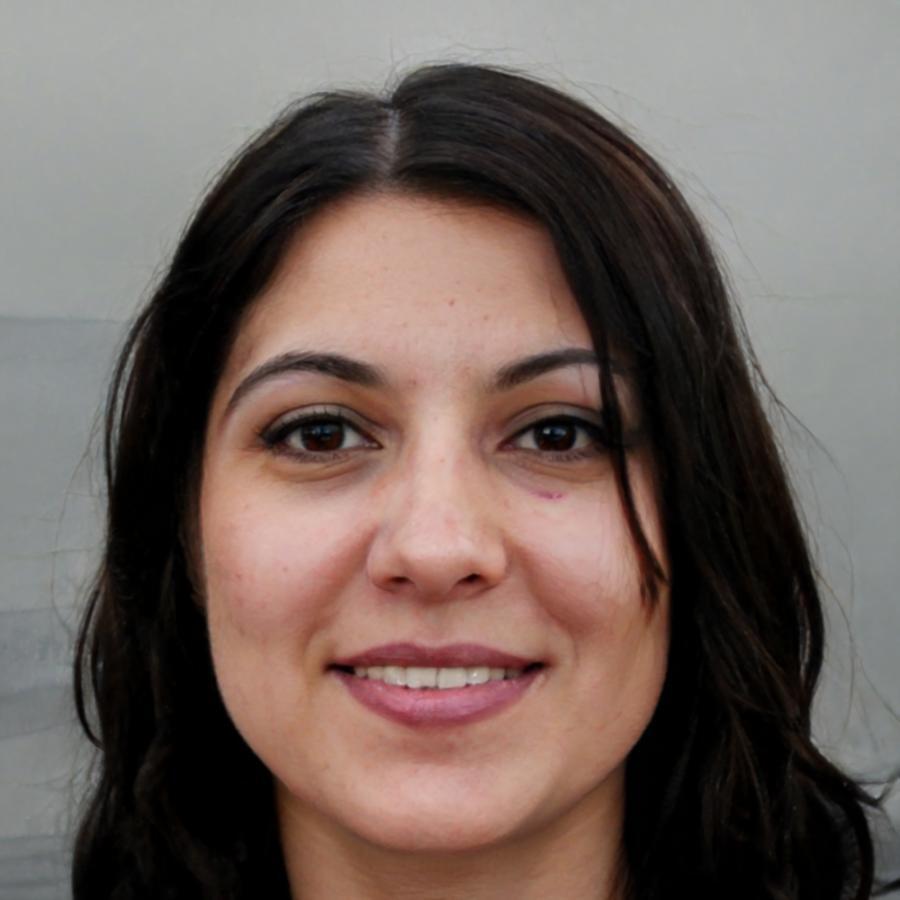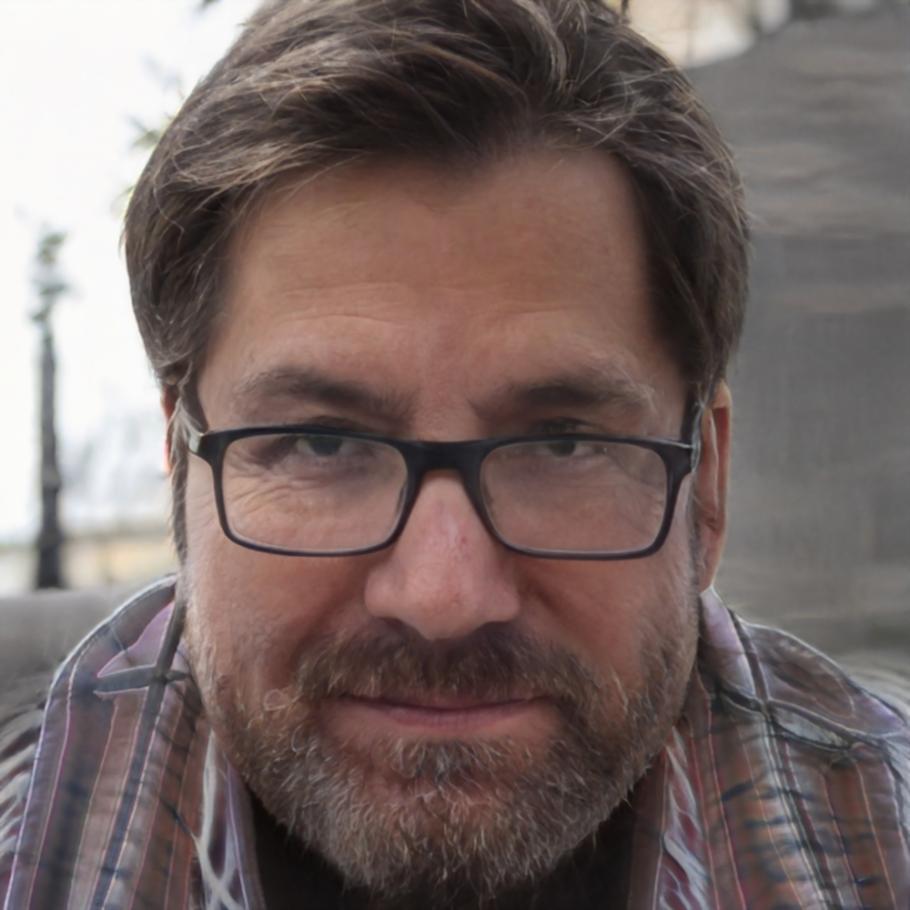Building Connections in Game Development
We've spent years working alongside studios, educators, and creative agencies across Egypt and beyond. What started as informal collaborations has grown into something more structured—a network built on mutual respect and shared goals.
Studio Partnerships
Game studios in Alexandria and Cairo reach out when they're looking for fresh talent. We're not talking placement guarantees here—just real connections between students ready for production work and teams that need help.
The relationship is straightforward. Studios share what they're working on, what skills matter most right now, and where the industry's headed. We make sure our curriculum stays relevant. Students get honest feedback. Everyone benefits from the exchange.
- Direct feedback from production teams
- Real project briefs that mirror studio workflows
- Portfolio reviews from working professionals
- Guest sessions when schedules align
Educational Collaborations
Other schools and training centers sometimes ask about our approach. We share what works. They share their insights. It's less about competition and more about raising the bar for technical education across the region.
These partnerships take different shapes. Sometimes it's curriculum development work. Other times we co-host workshops or share resources. Occasionally we refer students between programs when someone's looking for something we don't offer.
- Shared research on teaching methods
- Joint workshops and community events
- Resource sharing and technical equipment access
- Cross-program student exchange opportunities
What Partnership Actually Looks Like
Forget the corporate handshake photos. Real partnerships happen when people work together on something tangible. Here's how that plays out in practice.

Industry Project Reviews
Four times a year, partner studios send leads and art directors to review student work. These aren't gentle critiques—they're the same feedback you'd get in production. Students hear what's working, what needs fixing, and what the industry actually expects. It's uncomfortable sometimes, but that's the point.

Technical Knowledge Exchange
When new tools or techniques emerge, we work together to figure them out. A studio might share their pipeline documentation. We experiment with teaching approaches. Everyone learns faster than working in isolation. The game industry moves quickly—partnerships help us keep pace without burning out.
Working with Vyxis Track changed how we approach junior hires. Their students understand production constraints before they walk through the door.
The curriculum alignment project helped us modernize our own program. Sometimes you need outside perspective to see what's not working anymore.
They're not trying to be everything to everyone. That focus makes them reliable partners when you need specific 3D art expertise.
How We Start Working Together
Partnership development takes time. Here's roughly how it unfolds when someone reaches out about collaboration.
Initial Conversation
We meet, usually over coffee somewhere in Alexandria. You explain what you're looking for. We talk about our approach and what makes sense. No formal proposals yet—just figuring out if there's alignment worth exploring further.
Pilot Project
Most partnerships start small. Maybe a single workshop. Perhaps one project review session. Something contained where we can work out logistics and see if the collaboration actually delivers value for both sides.
Ongoing Development
When the pilot works, we build from there. Regular check-ins become routine. Projects get more ambitious. The relationship evolves based on what's actually useful rather than what looked good on paper six months ago.
Interested in Working Together?
We're always open to conversations about partnership. Whether you're a studio, school, or creative agency, reach out and let's see if there's something worth building together.
Get in Touch

